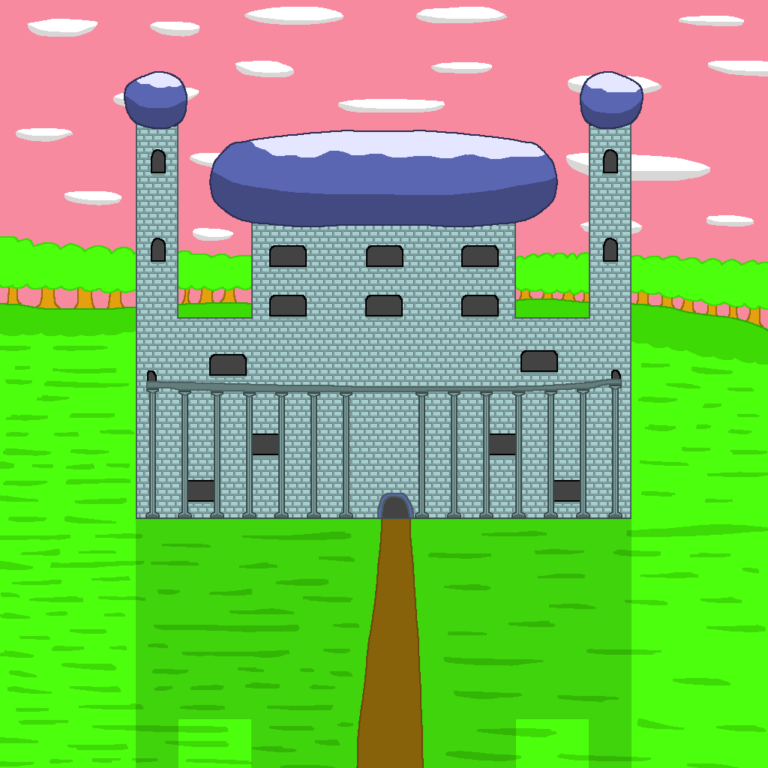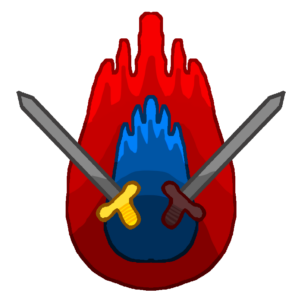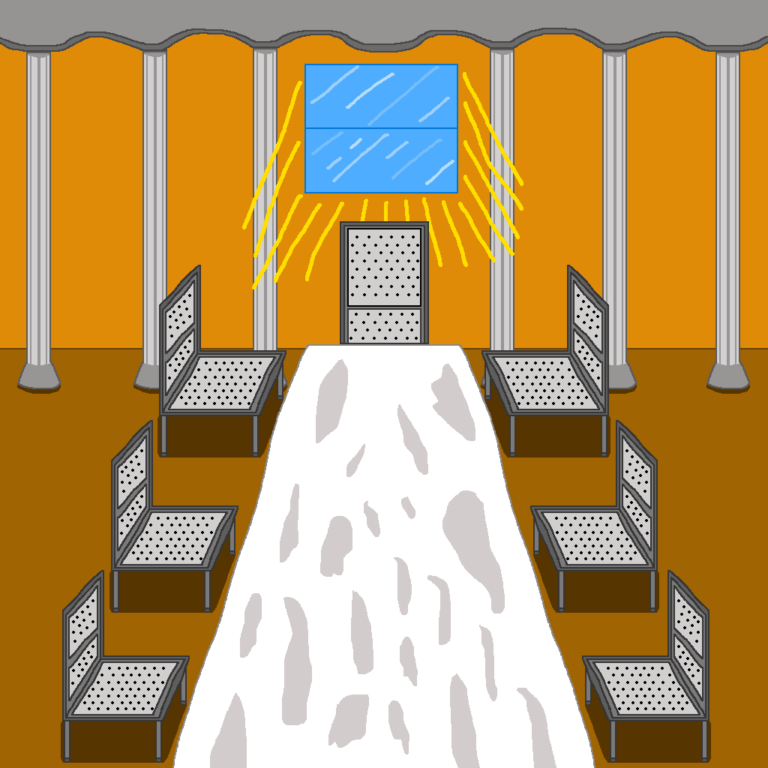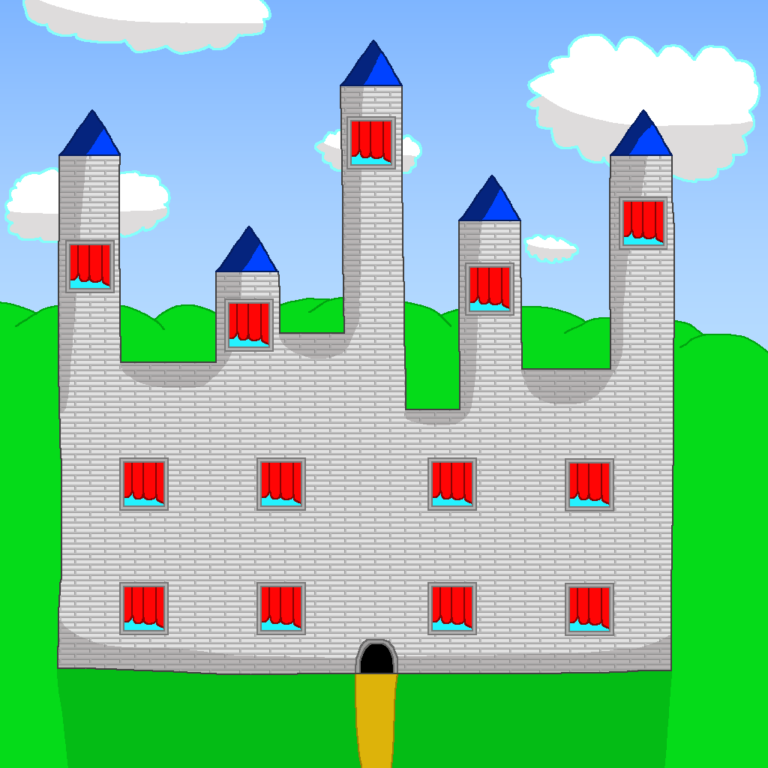Join US
Do you want to build the fantasy world you’ve always dreamed of?
Subscribe to receive notifications when a new post is out and for our monthly newsletter!
You can always unsubscribe anytime.


People — or any other humanoid fantasy race — who work in government positions are tasked with making sure that laws are upheld and keeping the country safe. There’s a hierarchy and every single government worker wields some power with the senior-most and those at the top with the most power. How they use it largely depends on their motivations for being in government. A prime example of this is how people in a fantasy oligarchy use their power and influence to get what they want.
An oligarchy is a form of government in which a few people are in power. It could be as few as five or as many as a hundred if not more. There are significant similarities with other forms like a royal council though power truly rests in the hands of the people in the oligarchy.
In a fantasy oligarchy, power is shared equally among all its members. No important decisions that affect the country are made without all the members present. The oligarchs are free to debate each other though in the end, they must comply with what the majority votes for, even if they disagree.
An oligarchy isn’t restricted solely to the government, though that’s the focus of this article. It can extend to institutions like the aristocracy or corporations where the board of directors dictate what it can or cannot do.
A fantasy oligarchy brings a layer of complexity in worldbuilding. Instead of considering just one person’s interests, a group of people’s interests must be taken into account. This can make for chaotic situations, especially on topics full of controversy, where there are no unifying messages. Furthermore, each oligarch has his own agenda that may or may not conflict with what the oligarchy intends to do.
In the story, an oligarchy usually has a firm grip on power and can present a major obstacle in the protagonist’s journey. He’s not just fighting against one person, he’s going up against a group that will do everything it can do in order to remain in power which makes the oligarchy quite dangerous.
This is article number eleven in the fantasy governments series. Interested in reading more or want to check out what we have? Go to our blog page! Surely you’ll find something that captivates your interest!
A group of people make all the important decisions in an oligarchy. This applies if it’s a government, business, or institution. They take into consideration how said decisions will affect them and the oligarchy itself. You could say each move that it makes is strategic; it only makes moves that benefit it.
There are two primary reasons for being in an fantasy oligarchy: power and money. Oligarchs are people who are already major players in a country like politicians or corporate/business leaders. As such, they desire to gain even greater power by becoming the leaders of a nation where they can meet as a group to make decisions that affect everyone else.
Oligarchs work to throttle competition. Using their power, they drown out dissenting voices and gain exclusive access to strategic resources like iron by driving out all other companies vying for said resources. They will do whatever’s necessary to get what they want and the consequences don’t matter.
With power comes money. It comes as no surprise that the members of a fantasy oligarchy use their influence to amass money that they use to build extravagant mansions and buy expensive clothes. They also use their wealth to showcase their importance to the country.
Oligarchs also use money to get what they want. They’ll buy vast tracts of land and develop it for more profit, even if it means displacing those already living there. There’s little the displaced residents can do, for they’re facing people who have tons of money and wield great power in the community.

With a group of people making the important decisions, coming to a consensus can sometimes be difficult. Members of a fantasy oligarchy have their own agenda, their own reasons for being in it. Some are just in it for greater glory, others see it as a way to exact vengeance on the ones who wronged them in the past.
Finding common ground on an issue, especially divisive ones, might be impossible if some members’ agendas clash sharply with what others want to do. They could oppose a decision for personal reasons or they view it as an opportunity to kneecap a rival so he can play a greater role in the oligarchy.
When a fantasy oligarchy is firmly united on an issue, it holds the vote quickly to either vote or reject it, instead of a long-drawn out argument when it’s deeply split where the vote might never come at all. The issues it deals with are either domestic matters and foreign issues, or in some cases both.
A country run by an oligarchy operates like any other. Oligarchs hold votes on tax rates, increasing or decreasing imports/exports, and so on. It has the power to pass legislation and whatever laws it passes must be complied with or those who violate them will be dealt with.
How does a fantasy oligarchy deal with other nations? Whenever leaders or important diplomats interact with one another, they do it as one voice. That means they go in with a specific strategy in mind and they execute it. When dealing with other countries, oligarchs must first come to a consensus on how to proceed and then come up with a strategy to attain their objectives.
Devising and implementing strategies for foreign policy can be fraught with difficulties for members of an oligarchy. They have their own notions of how to proceed which can cause controversy as some might favor a more hardline approach whereas others prefer to find rapport on common ground. Members must then find a compromise that satisfies all sides, though getting there will require a fair amount of wheel dealing.
In the story, an oligarchy plays the role of an antagonist. Since its members seek power and money, it only focuses on actions that lead to the desired outcome. They’re not in it to lead the country to a good place, they’re in it to enrich themselves.
A fantasy oligarchy being a hostile actor puts it on a collision course with the protagonist. The oligarchs work zealously to stop anyone they perceive as threat to their position in power. They’ll even resort to intimidation and murder if it means the threat is gone and they’re safe.
A fantasy oligarchy can serve as the role of the villain that the hero must defeat in order to end its reign. Here, the story focuses on the struggle between both sides. The oligarchy views him as an enemy that must be wiped out before he gets the upper hand.

The protagonist seeks to oust the oligarchy, having either suffered as a result of its constant hunger for power or money or knowing one or more of its victims. It then becomes a quest for vengeance as the hero wants the oligarchy to pay for what it did to either him or the other victims. As he unravels the identities of those responsible, he faces increasingly aggressive attacks from them, culminating in a showdown that will determine who will prevail.
It can also serve as a secondary antagonist, one completely separate from the villain. As a separate power base, the fantasy oligarchy has its own designs that don’t necessarily align with the villain’s. While they both consider the protagonist an enemy, they do so for different reasons and resort to different tactics to take him out. Sometimes they might even pool their resources and work together to defeat the hero but most of the time, they deal with him on their own timetable.
In some cases, an oligarchy can go up against the villain, especially if it’s over a tract of land they both covet. It has its own reasons for making its move and it doesn’t signify that it’s an ally for the hero. Rather, it intends to shut the villain out and augment its influence.
A fantasy oligarchy is where a group of people are in charge of a country, business, or institution. Such people tend to be influential leaders or active players in the community and they view serving in an oligarchy as a way for them to gain additional power and money. Moreover, they use their clout to knock out their competitors, removing all potential threats to their position.
An oligarchy can vary in size. It can be as small as five people or it can go upwards of 100. Generally speaking, the larger it gets, the more cumbersome it is to get things done in a timely manner due to the large number of differing opinions. The greater number of opinions, the harder — and longer — it is to reach a consensus.
In regard to worldbuilding, dealing with a fantasy oligarchy is more complicated. Instead of just taking one person’s interests in consideration, you have to contend with all the members of an oligarchy, some of who may have differing agendas than others. While they’re supposed to speak in one voice, getting there can be a lengthy process which can make negotiations with other countries more difficult than usual.
The audience gets to see the oligarchy in all its glory in the story. Serving in an antagonistic role, it’s constantly on the eye out for potential threats. Once it’s identified one, it moves to systematically crush it, using everything at its disposal. The hero must deftly overcome everything the oligarchy throws at it in order to come out victorious and end its reign of terror.
Will you create a fantasy oligarchy that presents a formidable adversary to your hero, one your audience can’t wait to see when it finally falls after a long drawn-out battle with him?
Let me know what you think in the comments below. (Note: this is an account-exclusive feature).
If you don’t have one, you can register here. It only takes a few moments of your time!
Liked this article and want to subscribe? All you have to do is fill out the form below and that’s it!
Thanks for reading this and until the next time,
Sunfire
Subscribing means you receive:
You can always unsubscribe anytime.
Do you want to build the fantasy world you’ve always dreamed of?
Subscribe to receive notifications when a new post is out and for our monthly newsletter!
You can always unsubscribe anytime.